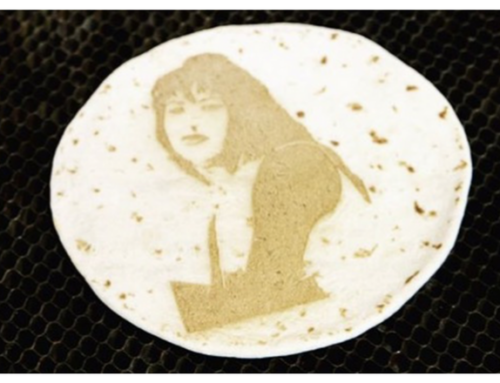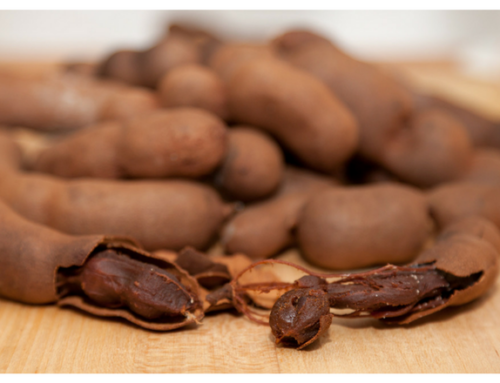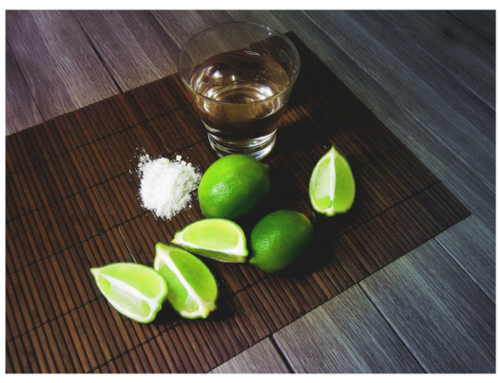During Passover (which ends this weekend), you’ve probably indulged in your fair share of potato pancakes or stopped by a Jewish deli for a pastrami sandwich; you probably didn’t think to seek out Jewish foods with Latin flavors. But Latin America has its own rich Jewish culinary traditions. And they’re delicious.
You can find many a Jewish dish at dinner tables all over Latin American Jewish communities in Argentina, Brazil, and more. In fact, there are an estimated 500,000 people throughout the region, sharing, celebrating, and cooking those classic dishes. Argentine chef Tomas Kalika is one of those. But he’s changing the way we see and eat Jewish food by transporting the flavors and traditions to a fine-dining experience in Buenos Aires. The only problem? Even his culinary prowess is no match for a Jewish grandma.
“If you open a traditional Jewish restaurant, every dish is going to compete with the flavors you have in your memory,” Kalika says. “For sure, I will always lose. I cannot compete with your grandmother.”
So Kalika and his business partner, Javier Ickowicz, took a different approach to Jewish cuisine with Mishiguene, which opened in 2014. Instead of replicating bubbe’s recipes, Mishiguene merges traditional ingredients from Eastern Europe, Northern Africa, and the Middle East with modern cooking techniques. [pagebreak]
The result is innovative takes on the classics. Instead of mixing together all the ingredients of baba ghanoush, Kalika creates a smoked eggplant drizzled with tahini sauce. His lighter take on pavlova, a meringue cake with a crisp crust, features vanilla cream, Argentine dulce de leche, fresh berries, and Jack Daniels ice cream. Any customer who comes in looking for the matzoh ball soup or gelfite fish of their childhood will say the food is crap, jokes Kalika, but the idea is not to compare but to innovate.
Kalika’s heritage and rebellious streak converge to create this unconventional approach to decades-old recipes. He grew up eating the recipes of his Polish and Russian grandmothers in Argentina’s 180,000-strong Jewish community, the largest in Latin America.
As a trouble-making teenager, he moved to Israel and worked his way through the kitchens, starting as a dishwasher for Israeli chef Eyal Shani, Kalika’s mentor. After years of culinary training and sampling food around the world, Kalika returned to Buenos Aires and started his first solo restaurant endeavor, The Food Factory. But with a lack of vision and character, the restaurant flopped. It’s a mistake Kalika vowed he wouldn’t repeat the second time around. [pagebreak]
“I’ve been cooking all my life recipes and dishes that are not mine. They are not connected to my story and my traditions,” Kalika says. “If you want to be honest as a chef, you must find your own way to tell your story.”
With Mishiguene, which means crazy in Yiddish, and Kalika’s childhood nickname, Kalika has found his original flavor and flair with dishes such as herring and potato salad lettuce wraps, Jerusalem mixed grill of hummus and chicken hearts, and potato raviolis topped with fried onions. A vodka-heavy drink menu and instrumental klezmer music top off the experience for Mishiguene patrons. The reservation-only restaurant has been full every night since it opened.
“We have a large Jewish community here [in Buenos Aires], but the restaurant has become a place [for anyone] to eat good food,” Kalika says. “You have people here from many religions and cultures and we want to share [our food] with everyone.”
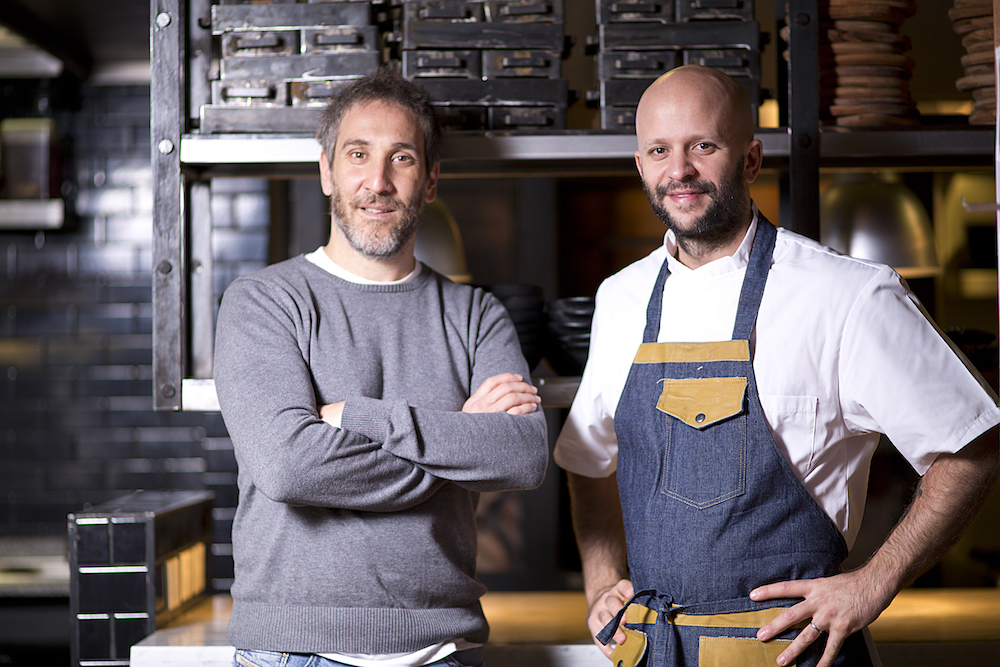

![Making Mealtime Matter with La Familia: Easy Sofrito [Video]](https://thelatinkitchen.com/wp-content/uploads/2015/10/sofrito-shutterstock__0-500x383.jpg)
![Easy Latin Smoothies: Goji Berry Smoothie [Video]](https://thelatinkitchen.com/wp-content/uploads/2015/12/goji_berry-shutterstock_-500x383.jpg)
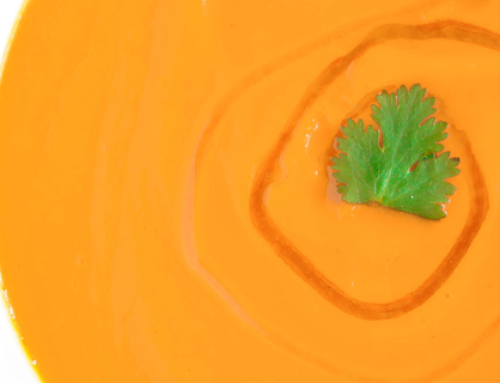
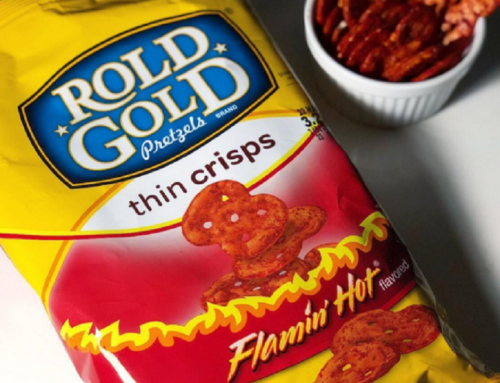
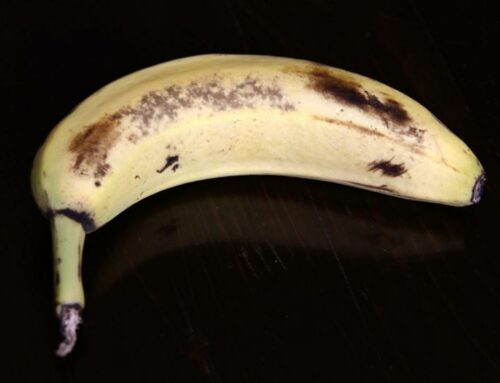
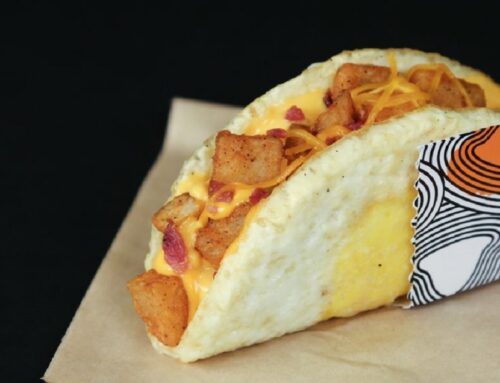


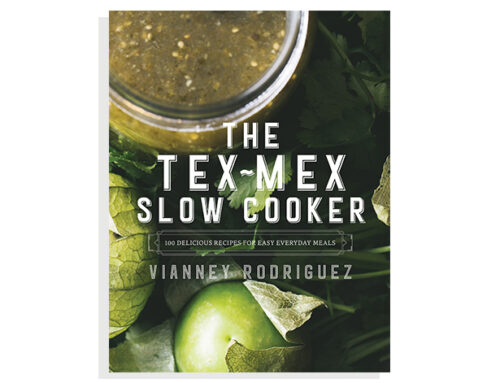
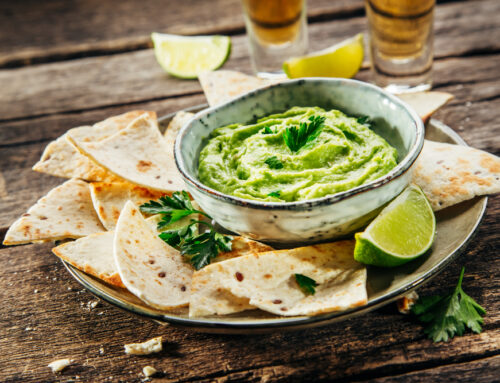

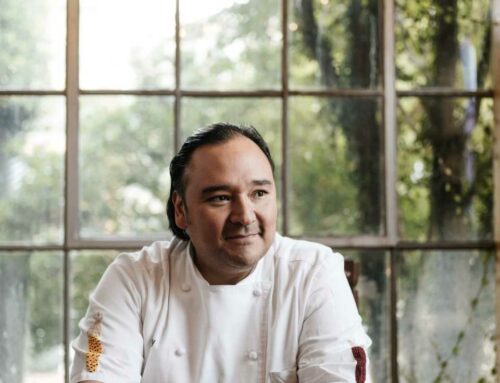

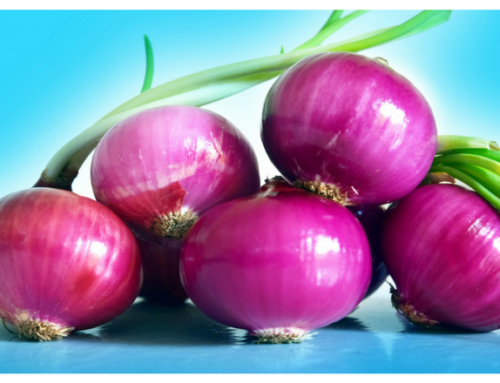




![Fun and Fast Recipes: Fiesta Cabbage Salad [Video]](https://thelatinkitchen.com/wp-content/uploads/2015/11/fiesta_cabbage_slaw-shutterstock_-500x383.jpg)
